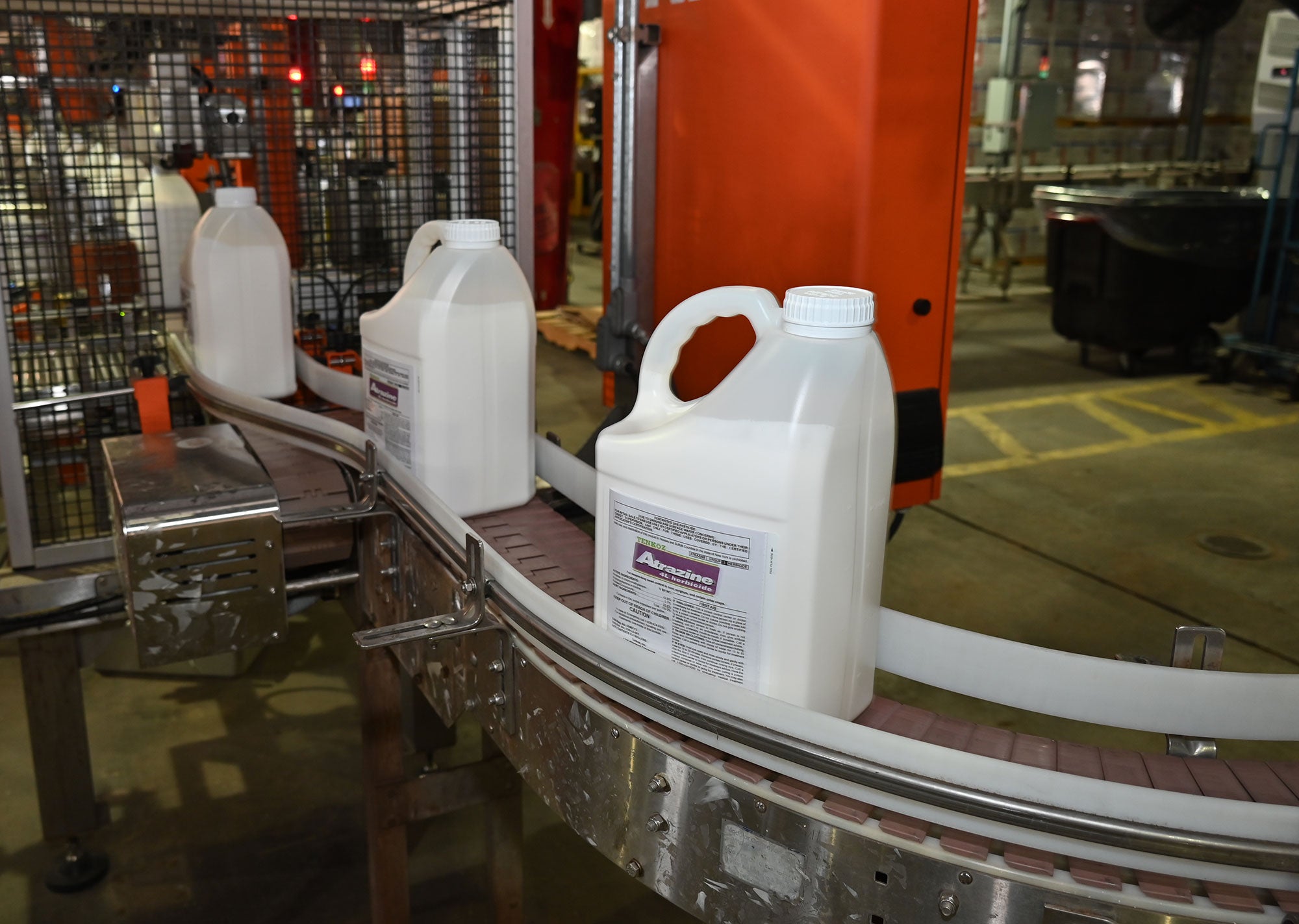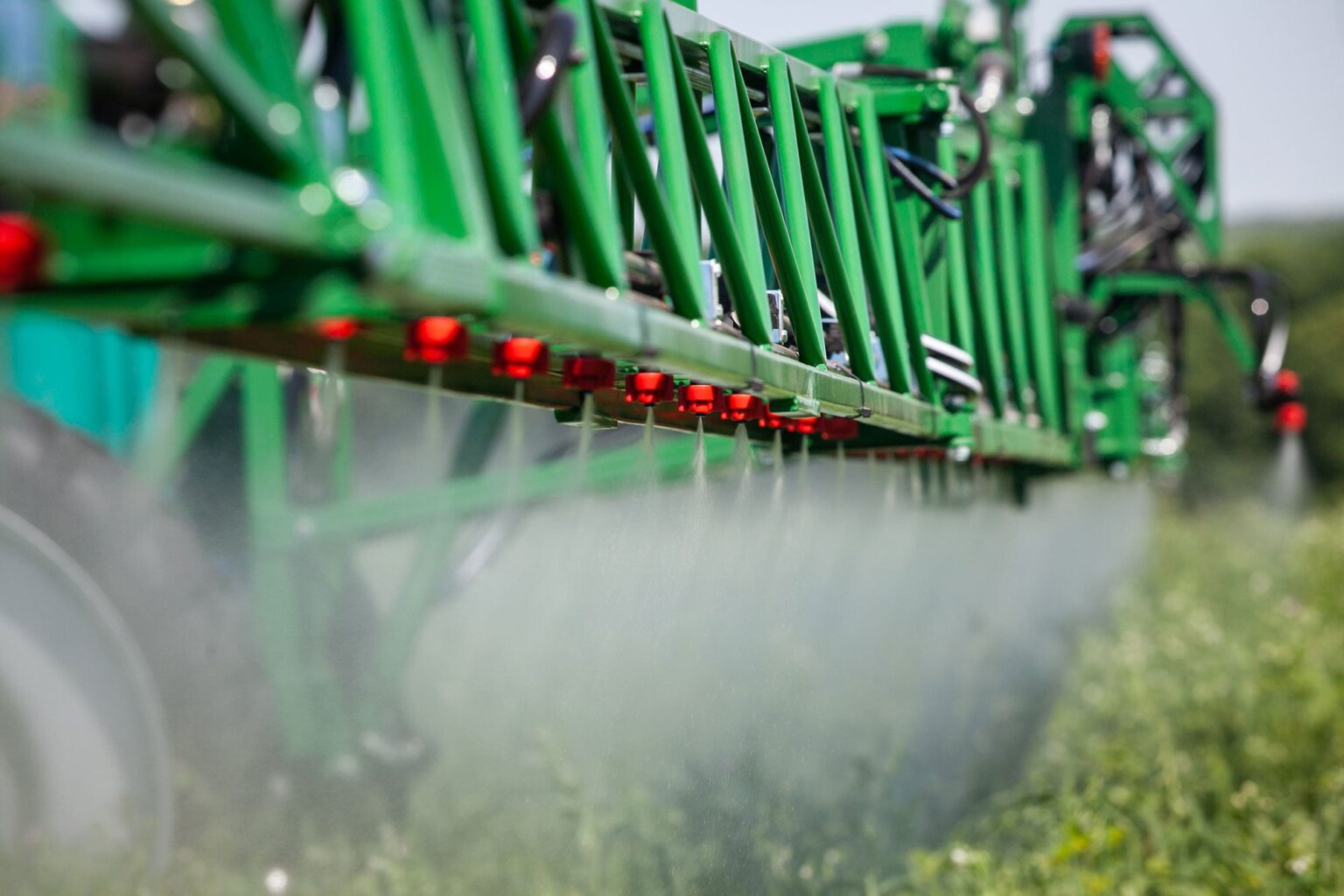When The MAHA Report came out in May criticizing, among other things, the safety of vital herbicides such as atrazine and glyphosate, there was a swift and stern backlash against Robert F. Kennedy Jr. from agricultural stakeholders. To underscore the concerns producers have, the National Corn Growers Association released the findings of a survey, which showed that losing access to these herbicides would lead to higher costs and reductions in crop yields.
Conducted between June 17 and July 2 with more than 1,000 growers, the survey reveals the high stakes for the MAHA Commission’s next report, a set of policy recommendations expected to be released in August, which could impact a key constituency in President Donald Trump’s base.
The crop protection tools in question have been thoroughly tested by the U.S. Environmental Protection Agency and other regulatory bodies and shown to be safe for their intended uses. Independently, nearly all scientific bodies and associated research have also affirmed the safety of glyphosate.
The MAHA Report repeatedly suggests that trace exposures to agricultural chemicals are a driving factor behind rising childhood chronic disease rates, yet it leans on correlative data and decades-old findings while largely ignoring the extensive, ongoing evaluations conducted by the EPA and other public health authorities.

Kennedy, however, a longtime critic of GMOs and pesticides, defended the May report by saying, “We want excellent answers, excellent science,” yet farm leaders say the document lacks precisely that. Instead, they warn that it could sow mistrust in proven agricultural tools and threaten crop productivity at a time when American farmers are already facing economic uncertainty and global competition.
“These [survey] results are in line with what I am hearing in conversations among farmers,” said Illinois farmer and National Corn Growers Association President Kenneth Hartman Jr. “We are concerned that claims about herbicides in the pending MAHA recommendations could remove access to the tools we need to safely and sustainably produce a crop.”
Respondents indicated overwhelmingly — 85 percent — that weeds are the top pest plaguing their crops and that atrazine and glyphosate were their top two herbicides of choice.
Hartman added that growers hope the president will intervene and ensure that the MAHA Commission follows the science and defers to the EPA on matters related to pesticide policy and regulation.


